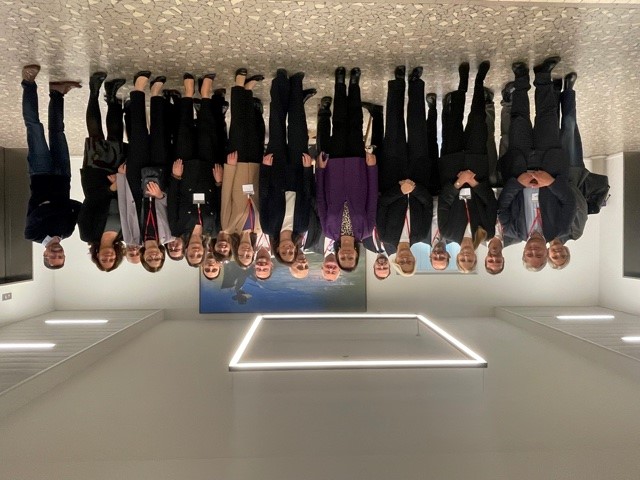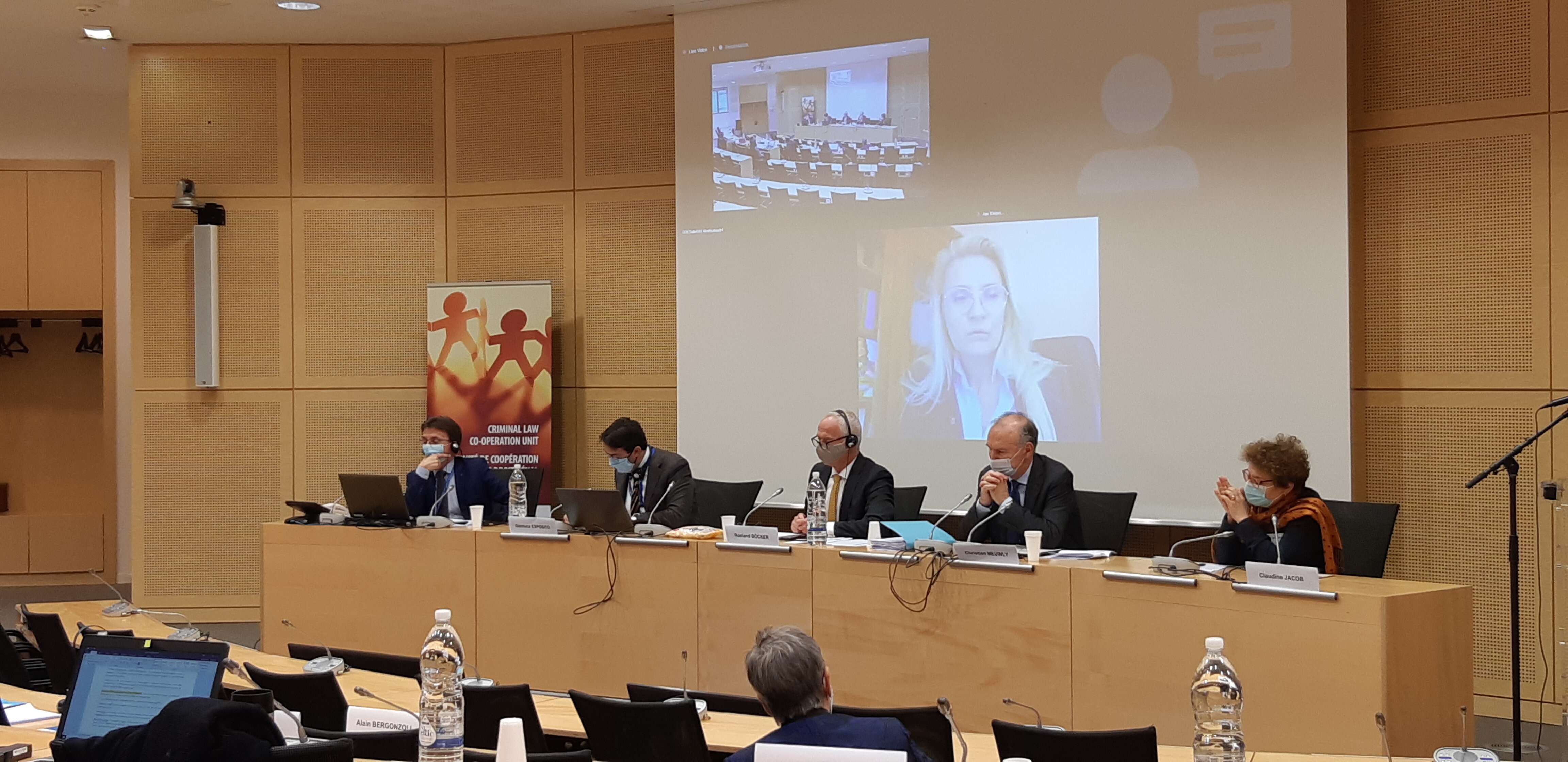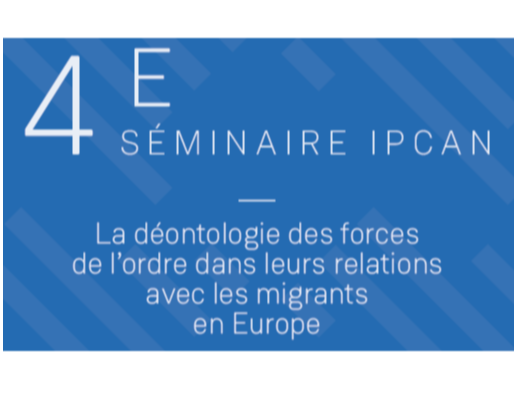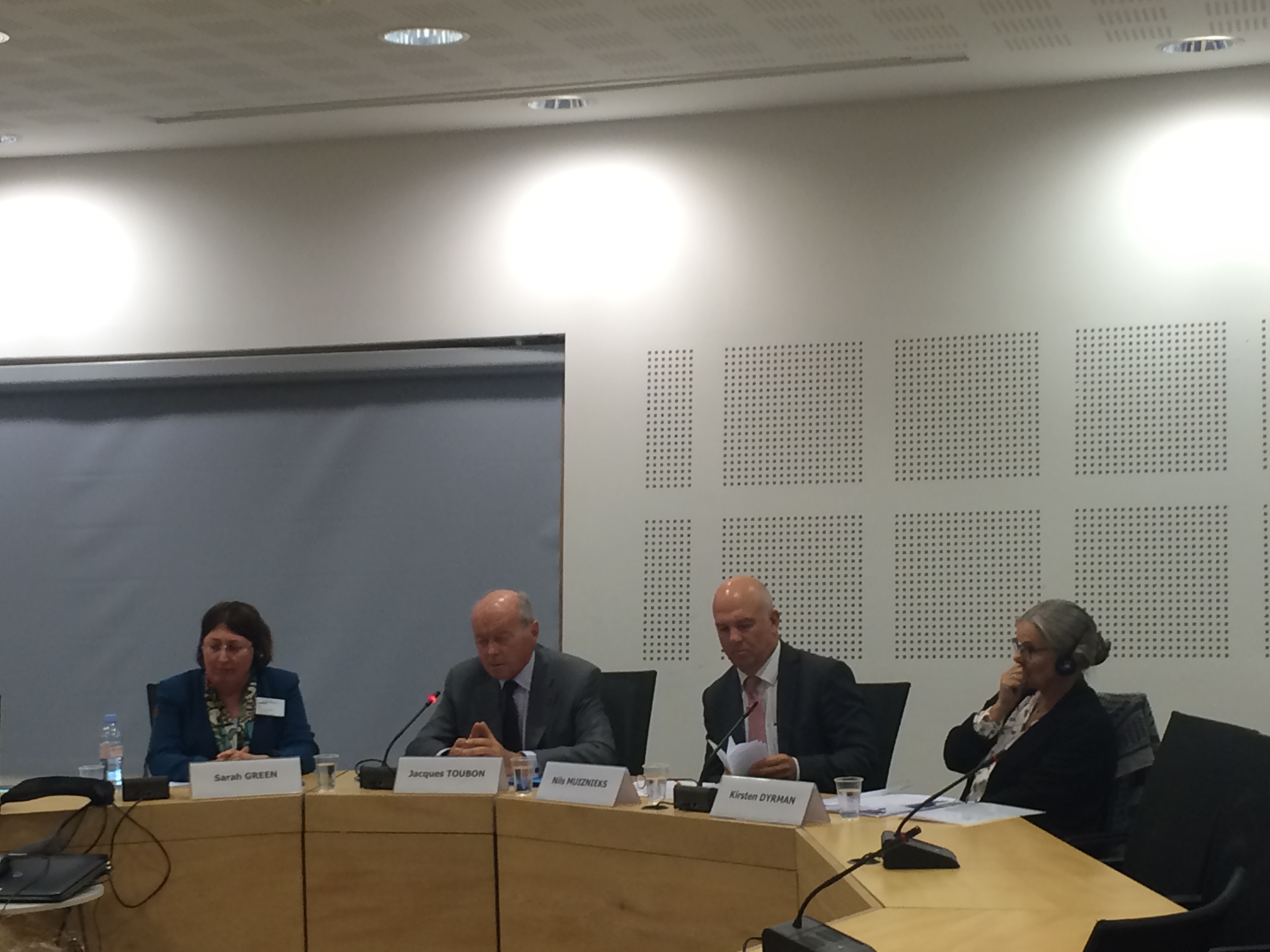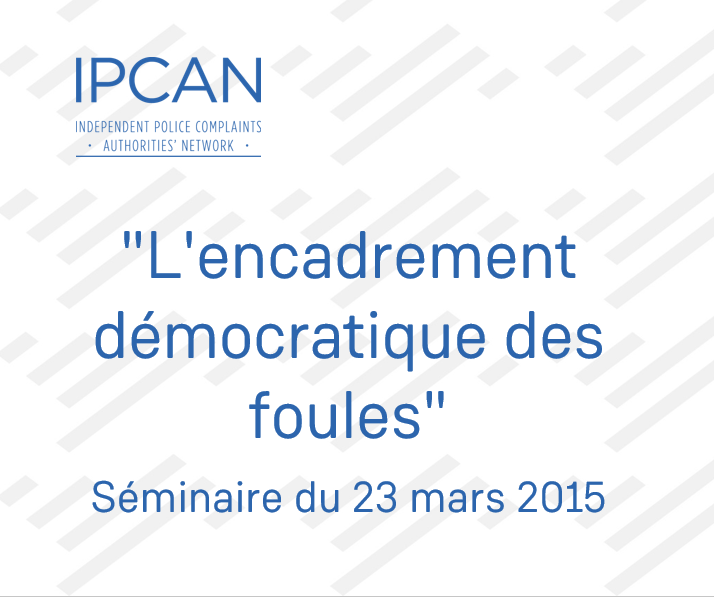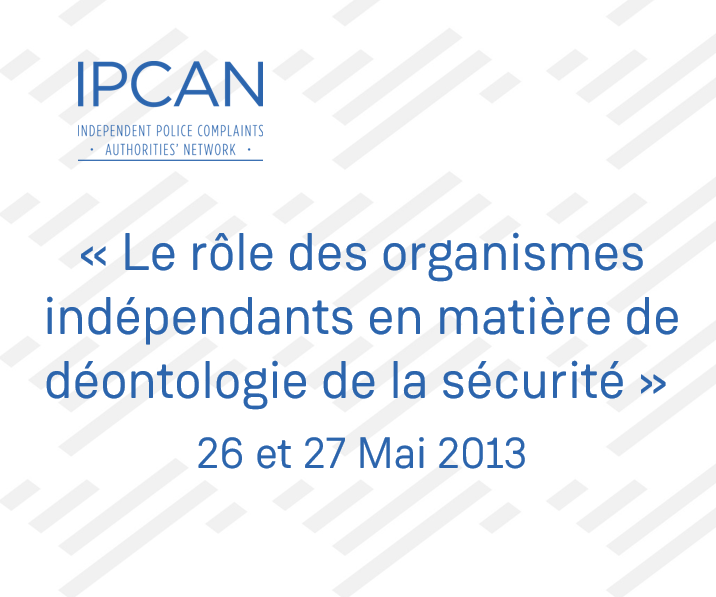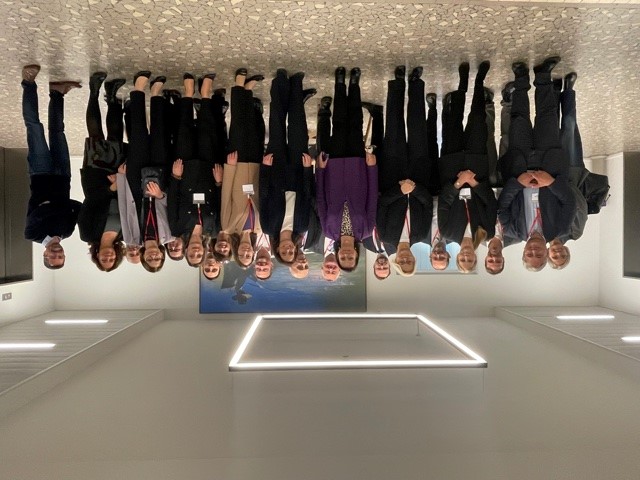
On 8 November 2024 was held in Paris the 8th seminar of the IPCAN (Independent Police Complaints’ Authority Network), the international cooperation network of independent national bodies in charge of the external oversight of the security forces. 16 oversight authorities took part in this day of discussions.
Two themes were at the heart of the discussions for this 8th seminar: the relation of police forces with persons with disabilities and the use of new technologies by law enforcement.
A morning dedicated to law enforcement relations with persons with disabilities
Discussions on the subject of the relations between law enforcement and persons with disabilities focused in turn on the presentation of individual cases and on good practices to be shared.
At the end of this 8th seminar, the members of the network formalised their findings and recommendations for law enforcement to take better account of disability in a declaration, the Declaration of Paris.
The network notes violations of the rights of persons with disabilities by law enforcement in all the member states of the network. In particular, it notes situations of violence against persons with mental disorders due to a lack of knowledge on these issues among law enforcement officers. Lastly, the network notes a lack of accessibility of police services and detention facilities undermining the dignity of persons with disabilities.
Consequently, the IPCAN recommends that a specific provision relating to disability be included in the codes of ethics or legislation governing law enforcement, and that sufficient training be provided for police personnel.
With regard to mental disorders, the IPCAN recommends regulating the use of force on people with such disorders, promoting methods of containment, and developing trainings and awareness-raising for law enforcement personnel.
In their declaration, the members of the IPCAN recommend ensuring that services and infrastructures are fully accessible to persons with disabilities, particularly those with mobility impairments. The IPCAN calls for the systematic adaptation of the conditions for receiving complaints from people with hearing impairments. The network is also calling for detention conditions to be adapted so that people with sensory disabilities do not suffer further deprivation.
Finally, the members of the IPCAN commit to respect the principle of reasonable accommodation in their missions, structures and their relations with service users in their own countries.
An afternoon of work on the use of new technologies by police forces
The programme of the seminar put the problems inherent to body-worn cameras, particularly in terms of evidence, privacy and personal data, at the heart of the discussions.
Following the presentation of a number of concrete situations in which the use of new technologies by law enforcement may have caused problems or infringed rights, the members of the network were able to compare their respective legislation and share best practices.
The Defender of Rights’ deputy in charge of ethics relating to persons performing security functions, Céline Roux, presented the provisions of Article 77 of the AI Act (the European regulation on artificial intelligence), which grants powers of control over artificial intelligence to the national authorities responsible for protecting fundamental rights.




